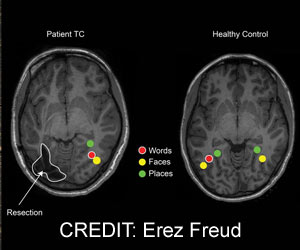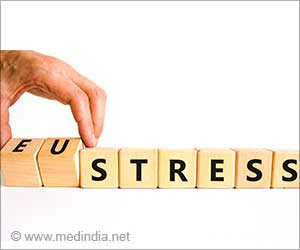
‘Changes in the KCNQ2/3 potassium channel determine if the animals show depressive and anhedonic behavior’
Read More..Tweet it Now
Anhedonia, a core symptom of depression, is the reduced ability to experience pleasure or lack of reactivity to pleasurable stimuli. It is associated with worse outcomes, increased risk of suicide, and poor response to antidepressant medication. Read More..
Ezogabine was found to be associated with substantial improvements in anhedonia and depressive symptoms.
James Murough, senior author, comments, "Our study is the first randomized, placebo-controlled trial to show that a drug affecting this type of ion channel in the brain can improve depression and anhedonia in patients. Targeting this channel represents a completely different mechanism of action than any currently available antidepressant treatment."
The KCNQ2/3 channel belongs to the large family of KCNQ (or Kv7) ion channels that are important controllers of brain cell excitability and function in the central nervous system. These channels control the electrical charge flow across the cell membrane as potassium (K+) ions.
In a previous mice study, the researchers had found that changes in the KCNQ2/3 potassium channel determine if the animals show depressive and anhedonic behavior following chronic stress. They also found that mice with increased amounts of KCNQ2/3 channels were resistant to developing depression in the face of stress.
Advertisement
The previous study also found that when a drug that increases this channel's activity (like ezogabine) was given to the depressed mice, they no longer showed depressive and anhedonic behaviors, i.e., the drug acted as an antidepressant.
Advertisement
Findings showed that patients treated with ezogabine showed a substantial and large reduction in various measures of depression severity, anhedonia, and overall illness severity. When the patients were tested using various depression scales, results showed significant improvements. These patients also showed increased responses to reward anticipation in the brain compared to placebo.
"The fundamental insight by Dr. Han's group that a drug that essentially mimicked a mechanism of stress resilience in the brain could represent a whole new approach to the treatment of depression was very exciting to us," said Dr. Murrough.
Source-Medindia















